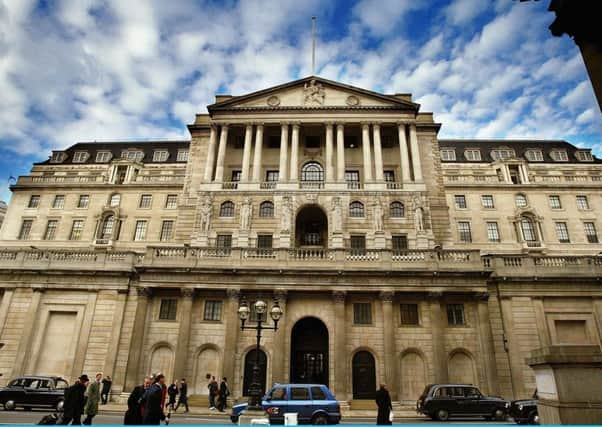Leader comment: Future is not bright, however we measure it


The UK citizen might be forgiven for admitting to bafflement at the array of economic data that has been released regarding the impact of the vote to leave the European Union.
The most recent came yesterday from the IHS Markit’s Purchasing Managers’ Index which apparently showed that Britain’s decision to leave the EU has led to a “dramatic deterioration” in economic activity, not seen since the aftermath of the financial crisis.
Advertisement
Hide AdAdvertisement
Hide AdThe data shows a fall in both manufacturing and service sectors and is described as the first significant set of data measuring business reaction to the referendum result. The figures in PMI surveys are generally viewed as an authoritative indicator.
And this came just after the IMF’s World Economic Outlook report slashed its prediction of growth, saying its prediction for the UK for 2017 was now 1.3 per cent cut, down from 2.2 per cent.
But there were contradictory statements. The Bank of England admitted it saw “no evidence” of a sharp economic slowdown and positive UK job figures showed unemployment falling and record numbers in work
And perhaps in a desperate attempt to glimpse a silver lining, it was reported that Britain was undergoing a staycation boom, with the tourism industry set to reap the benefits of millions of people now choosing to holiday at home rather than travel abroad thanks to the pound’s weakness.
So the first point to consider is that most predictions are just that, predictions. And indicators only say how people think they might act, and in these uncertain times those sets of data are more of a gamble than ever.
It is probably better to concentrate on what has actually happened, although of course it is still very early to see all the consequences coming through in the data.
Figures show that the global economy in the fist half of 2016 did better than expected, with stronger than expected growth in the euro area and Japan, as well as a partial recovery in commodity prices.
The fall of the pound has already had an effect, making British companies more attractive for takeover by foreign companies. ARM Holdings, one of the UK’s biggest technology companies, based in Cambridge, is to be bought by Japan’s Softbank in a £24 billion deal. Stirling-based Supaglass, the UK’s largest independent glass wool maker, is set to be bought by one of Russia’s largest roofing and insulation groups in an £8 million deal.
Advertisement
Hide AdAdvertisement
Hide AdAccording to figures compiled by Scotland’s chief statistician, there was no growth in the Scottish economy in the first three months of this year. Meanwhile, overall UK GDP grew by 0.4 per cent over the same period.
The expression “swings and roundabouts” could have been coined to describe the economy. It varies and no-one can be certain of predictions – and many factors which will affect the British economy are beyond our control and not affected by Brexit.
But any objective view at this time would have to conclude that the prospects are not particularly rosy.